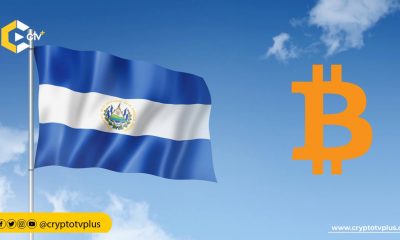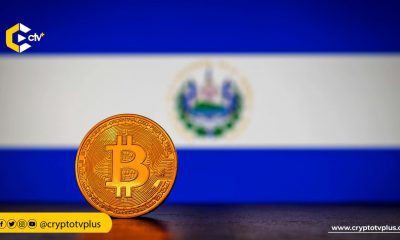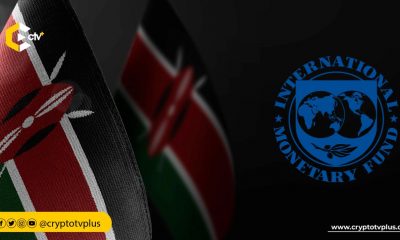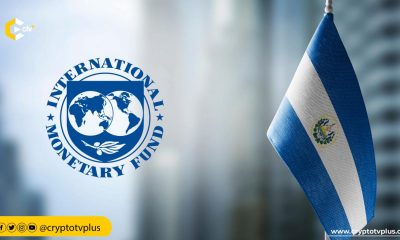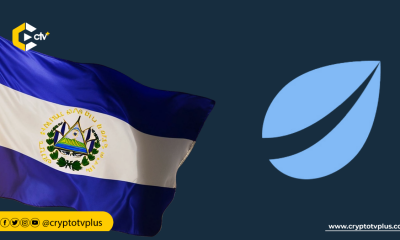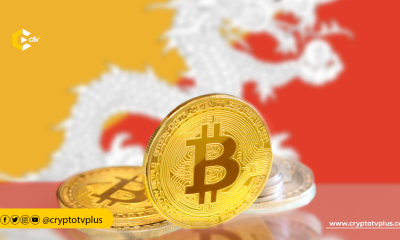News
IMF urges El Salvador to limit Bitcoin law
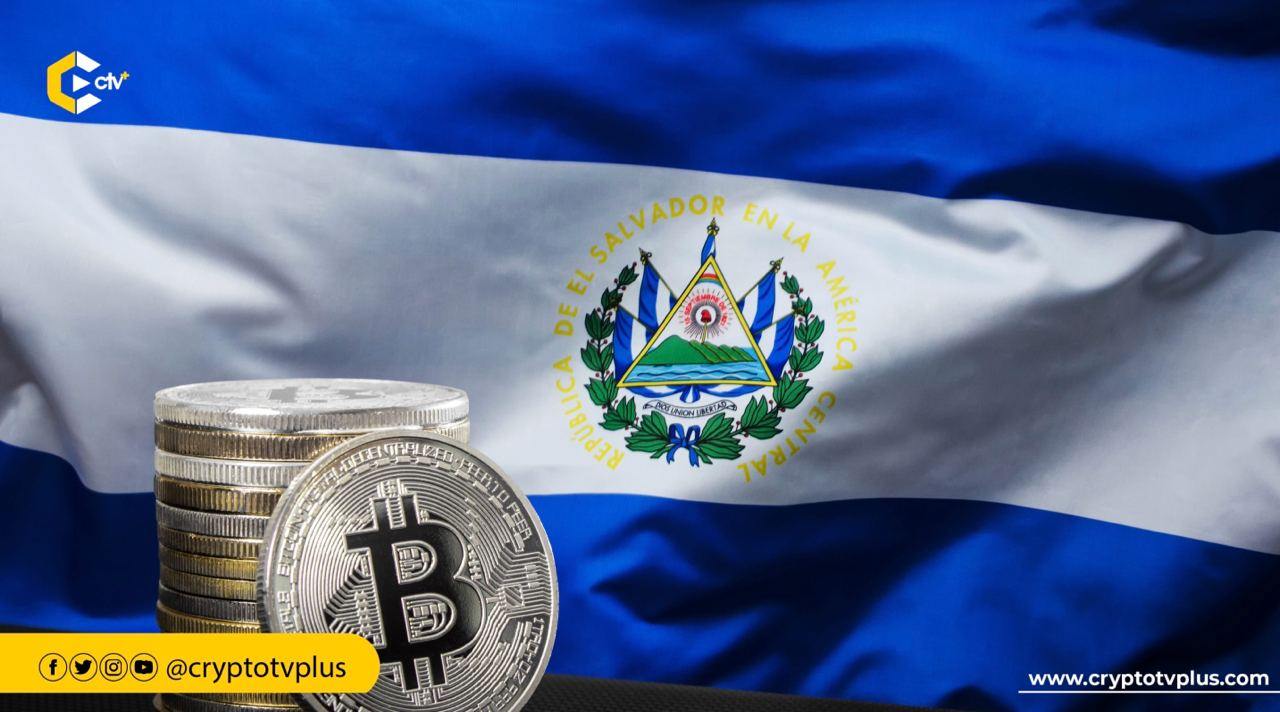
The International Monetary Fund (IMF) has asked El Salvador to limit the use of its Bitcoin law while they discuss the country’s economic policies. This suggestion is part of ongoing talks about financial stability and rules linked to the use of Bitcoin as an official currency.
The IMF is worried that using Bitcoin so widely may harm El Salvador’s financial system, especially because of its sudden price changes and lack of strong oversight.
The IMF recommends that El Salvador be more careful with its Bitcoin law and focus on creating rules that protect consumers and reduce the risks that come with using cryptocurrency.
These discussions are happening as El Salvador seeks financial help from the IMF to handle economic problems made worse by its use of Bitcoin.
The IMF wants to ensure that countries keep their financial systems strong and stable, especially when trying to include cryptocurrencies in their economies.
In September 2021, El Salvador became the first country to make Bitcoin an official currency, alongside the U.S. dollar. The government, led by President Nayib Bukele, hoped this would improve the economy and give more people access to financial services.
Taking a snipe at the IMF three years ago, Bukele tweeted at the IMF, saying “It looks like the discount is ending. Thanks for the dip, @IMFNews. We saved a million in printed money. El Salvador now holds 550 bitcoins.” This was in response to a statement made by the IMF that the “adoption of bitcoin as legal tender raises several macroeconomic, financial, and legal issues that require very careful analysis.”
To make it easier for people to use Bitcoin, the government introduced a digital wallet called “Chivo,” enabling citizens could send, receive, and store Bitcoin. To encourage its use, they gave everyone who signed up $30 worth of Bitcoin for free.
The government plans to build a “Bitcoin City,” utilizing volcanic energy to mine Bitcoin. This initiative is part of a broader strategy to position El Salvador as a hub for cryptocurrency activities. Additionally, they have introduced “Bitcoin Bonds,” enabling global investors to fund projects reliant on Bitcoin’s success.
While the South American nation has accepted Bitcoin as a legal tender, IMF in January 2022 criticized the Bukele-led government saying that El Salvador will find it harder to get loans from the IMF.
The IMF stated that the country’s leaders should scale back the Bitcoin law by revoking Bitcoin’s legal tender status. It emphasized the significant risks posed by Bitcoin’s volatile value and stressed the importance of safeguarding consumers.
Rather than retreating, El Salvador forged ahead with Bitcoin, viewing it as a secure option for the nation. By January 2023, it offered hope as a financial safe haven.
In late August, President Bukele addressed concerns about Bitcoin adoption. He emphasized that using Bitcoin in the country is voluntary.
Although adoption has not met his expectations, most businesses in the country use Bitcoin. He also noted that, despite criticisms, Bitcoin has never negatively impacted the country. On the contrary, it has attracted investment and boosted tourism.



